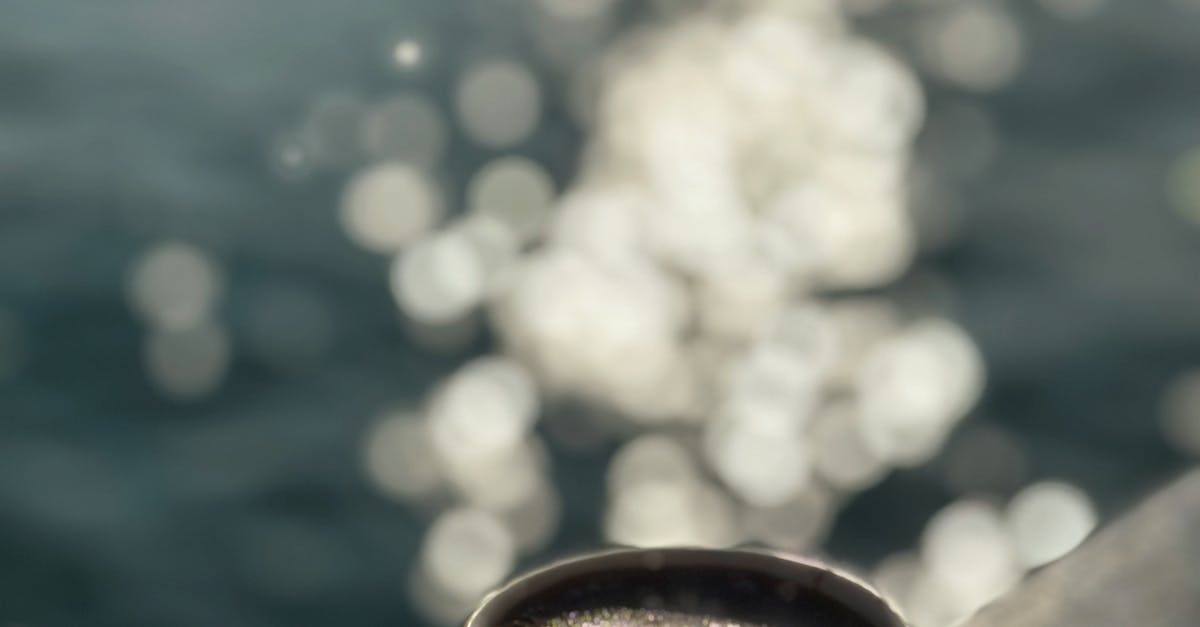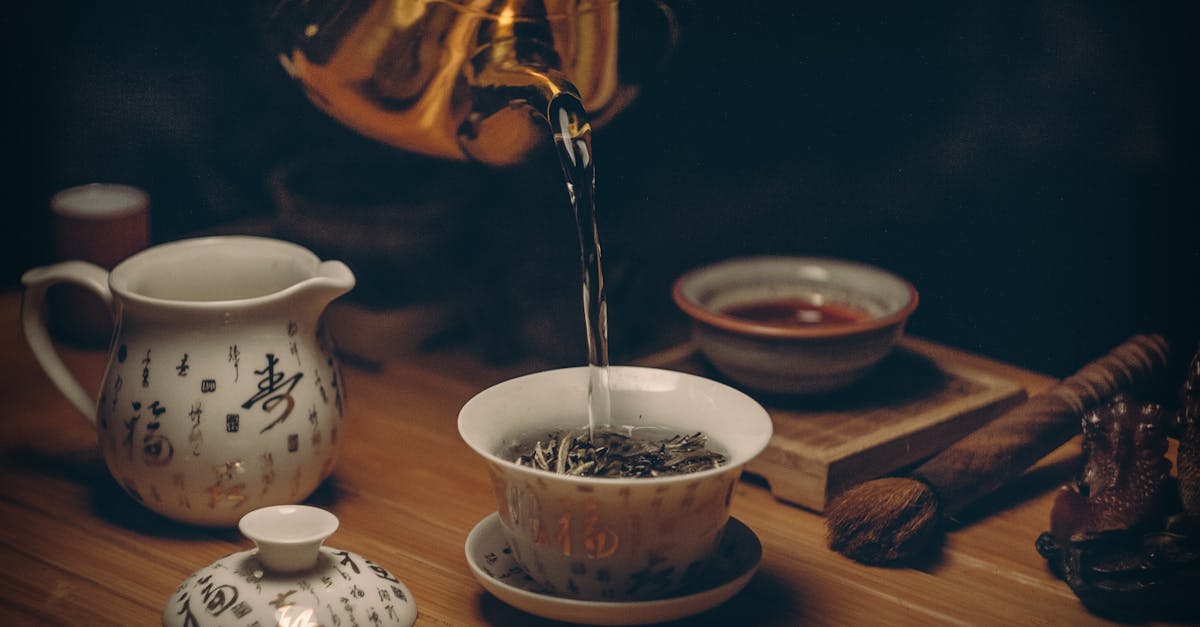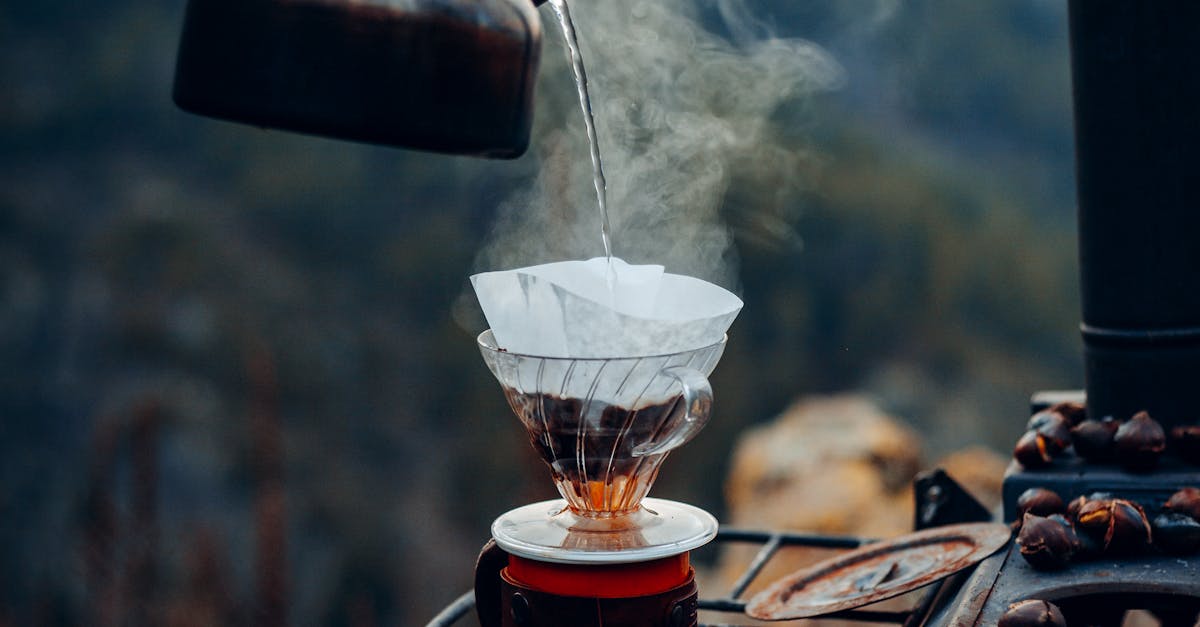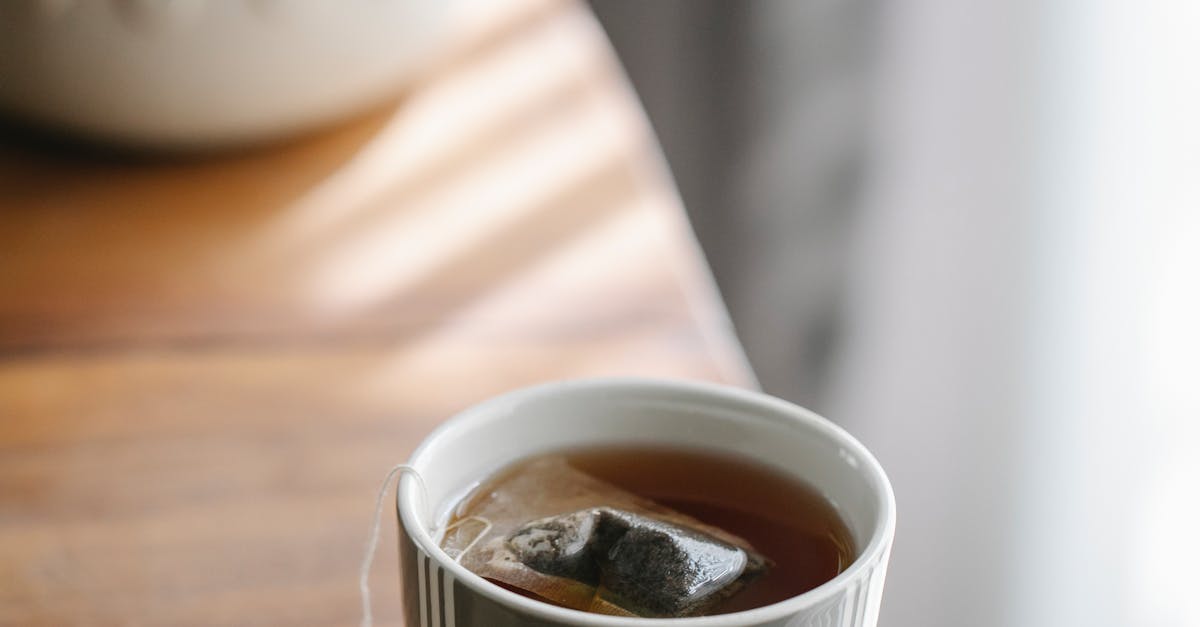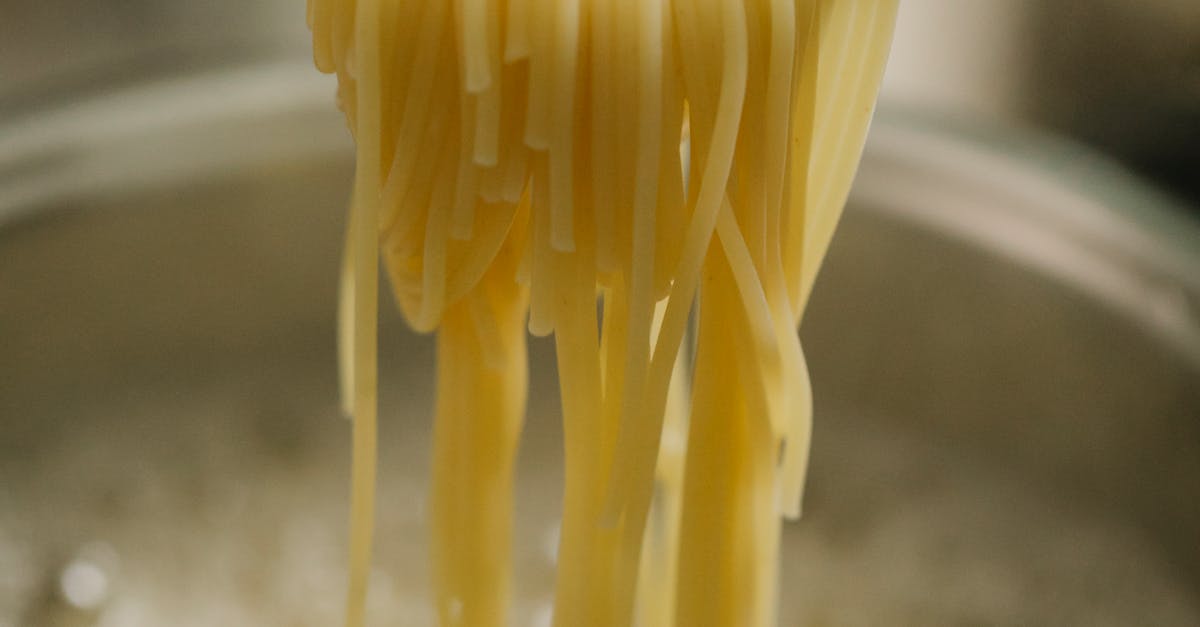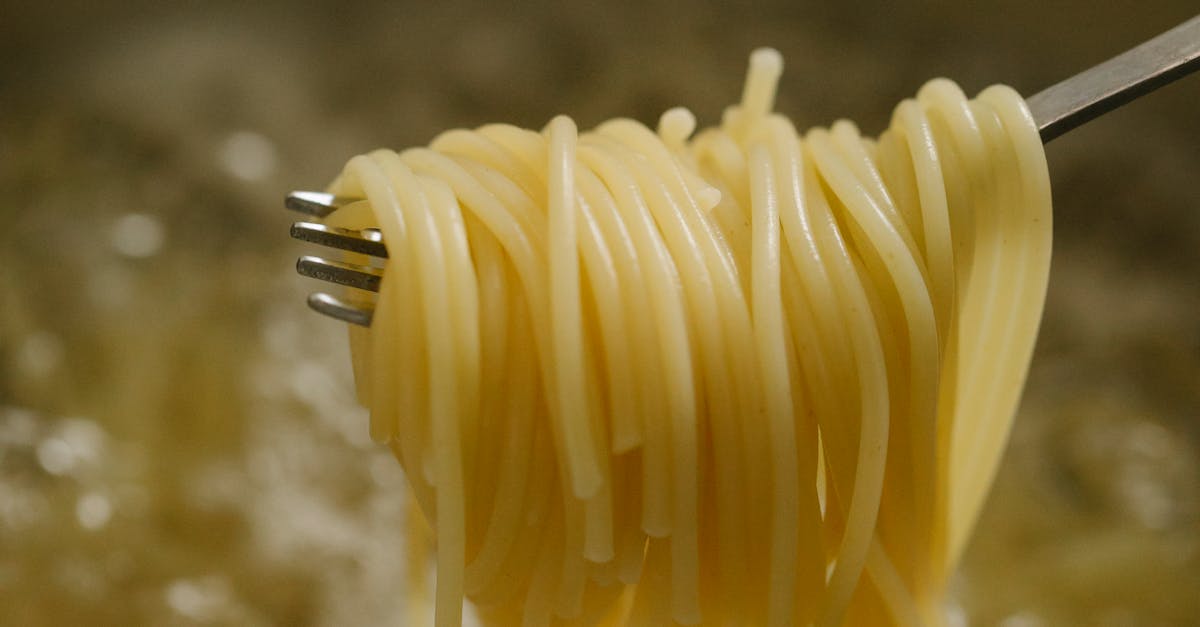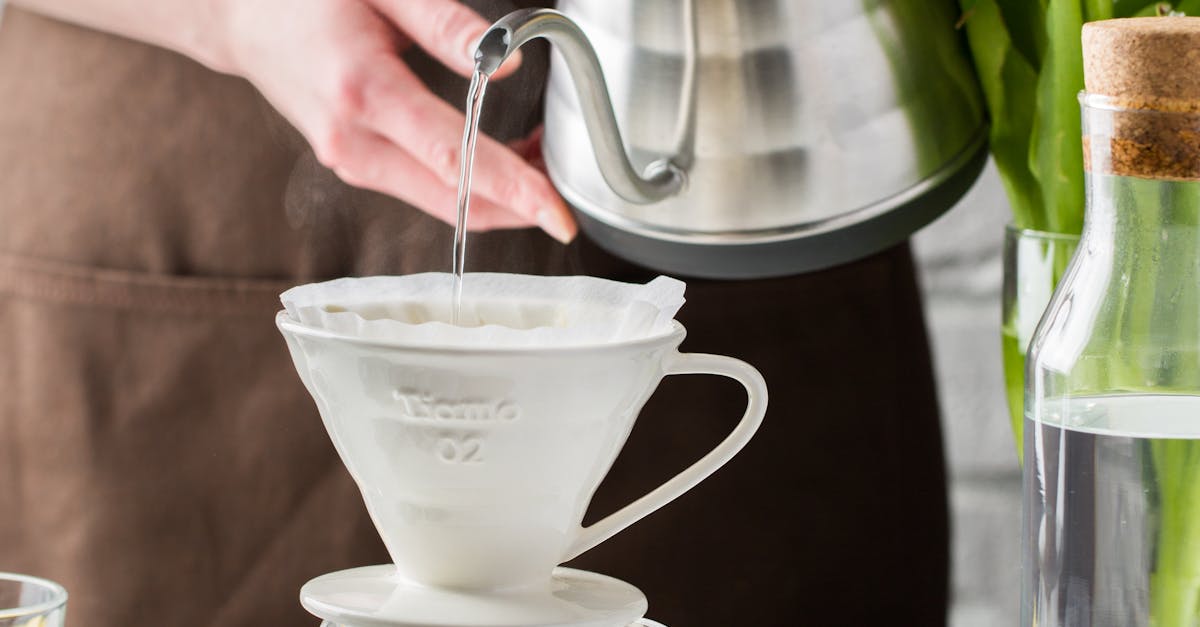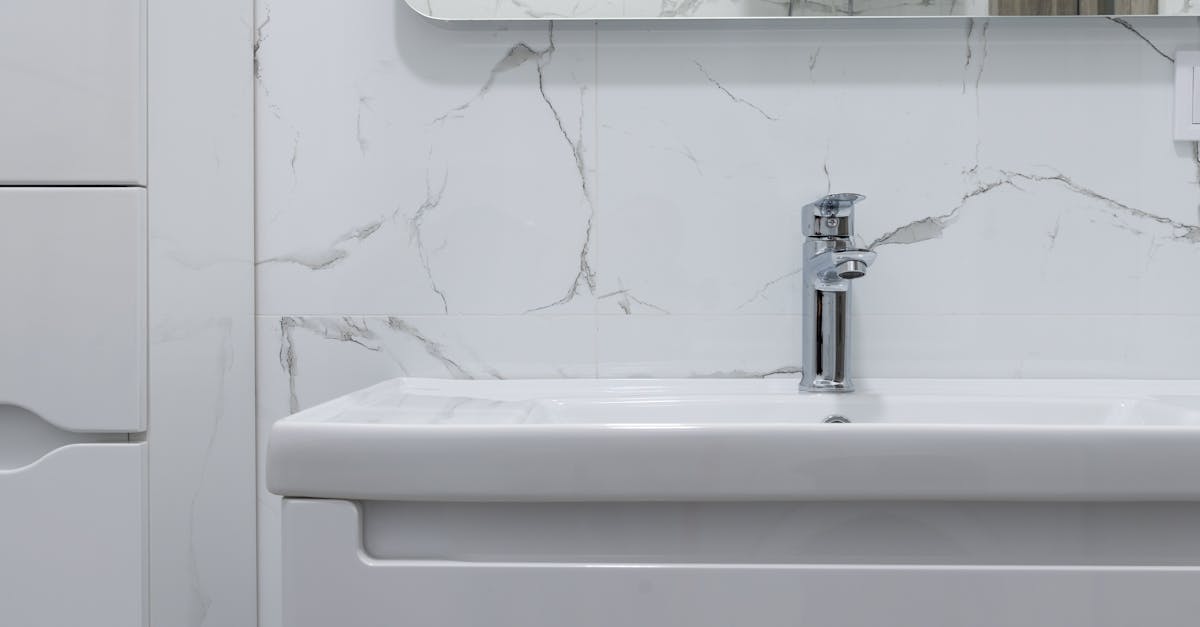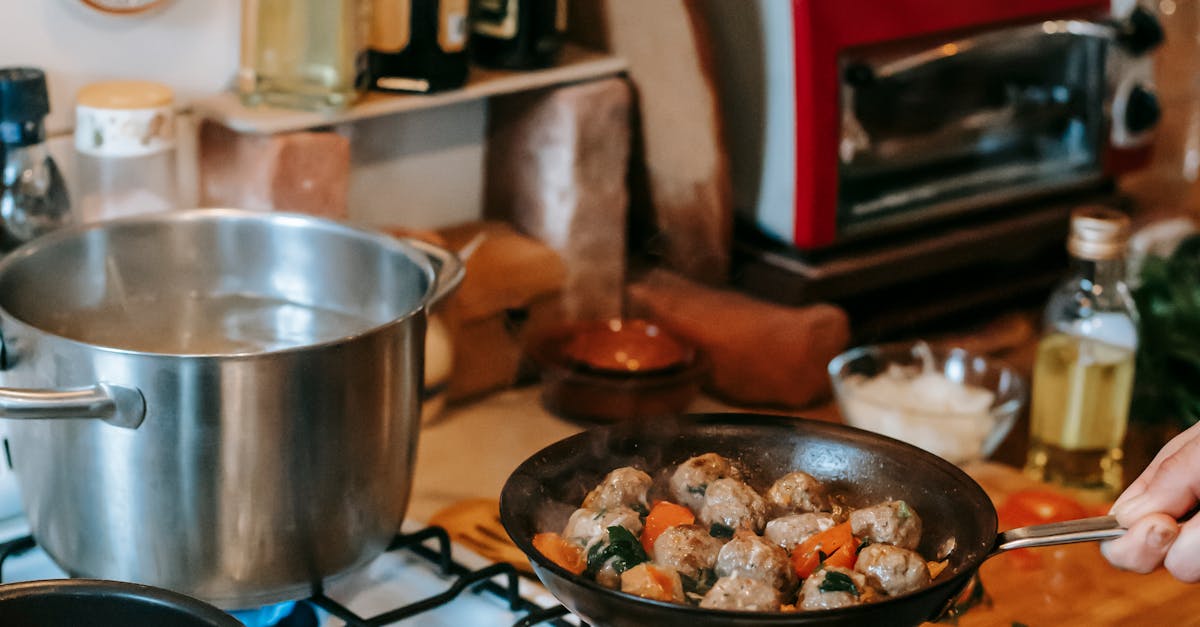
Table Of Contents
Combining Vinegar with Other Ingredients
Combining vinegar with other ingredients can enhance its effectiveness for drain cleaning. One popular mixture involves baking soda. This combination creates a fizzy reaction that helps to break down stubborn blockages. Pouring a cup of baking soda followed by a cup of vinegar down the drain can generate bubbles that loosen debris, making it easier for the vinegar to work its magic.
Another effective option is to use salt in tandem with vinegar. Mixing equal parts of salt and vinegar creates a potent solution that not only helps to deodorise the drain but also works as a natural abrasive. The salt grains aid in scrubbing away buildup along the pipe walls while the vinegar attacks grease and grime. This method of drain cleaning can be particularly useful for maintaining clear pipes and preventing future clogs.
Popular DIY Mixtures for Better Results
A popular DIY mixture for better drain cleaning involves combining baking soda and vinegar. Pouring half a cup of baking soda down the drain creates a powerful reaction when followed by half a cup of vinegar. This mixture can help break down grime and debris, making it easier for water to flow freely through the pipes. The fizzing action not only loosens blockages but also helps neutralise odours.
Another effective combination includes salt, baking soda, and vinegar. Start by pouring one cup of salt and one cup of baking soda into the drain. Follow it up with two cups of boiling water. After letting the mixture sit for at least 30 minutes, add one cup of vinegar. This process enhances the efficacy of the drain cleaning efforts, providing a thorough cleanse that tackles various types of clogs.
Frequency of Vinegar Treatments
Using vinegar for drain cleaning is most effective when performed regularly. Homeowners can consider treating their drains with vinegar once a month to maintain a clear passage. This routine helps prevent the buildup of debris and grease, which are common causes of clogs. A proactive approach not only ensures a smoother draining process but also extends the life of plumbing systems.
In addition to monthly treatments, it’s wise to use vinegar after any major cooking or cleaning sessions that may contribute to residue in the pipes. For instance, after preparing a large meal, running a hot water and vinegar combination down the drain can help eliminate any lingering oils and food particles. This method promotes a healthier drainage environment and reduces the likelihood of future blockages.
When to Flush Your Drains
Flushing your drains regularly is essential to maintain optimal flow and prevent clogs from developing. Many homeowners find success in establishing a routine, possibly focusing on the frequency of cooking and bathing activities. For instance, after cooking with oily substances, especially if the waste goes down the sink, it's a good idea to flush the drain with hot water. Regular drain cleaning can help mitigate the build-up of grease and food particles over time.
Additionally, after heavy use, consider giving your drains a thorough flush to ensure no residual materials linger. Flushing can be as simple as running hot water through the system for several minutes or using a vinegar solution to tackle odours and minor blockages. Keeping a schedule for this maintenance can save time and effort in the long run and encourage a healthier plumbing system.
Alternative Natural Remedies for Clogs
Natural remedies can be effective alternatives for tackling clogged drains. Baking soda is a popular option due to its ability to react with vinegar, aiding in breaking down blockages. A mixture of baking soda and salt can also work well. Pouring the mix down the drain followed by boiling water may help dislodge stubborn debris. This method is not only environmentally friendly but also easy to use, making it a staple in many households for drain cleaning.
Additionally, hot water can be a simple and often overlooked solution. Regularly flushing your drains with boiling water can help dissolve soap scum and grease that accumulate over time. Maintaining this practice on a monthly basis can prevent build-up and minimise the occurrence of clogs. Often, these straightforward methods provide a cost-effective way to keep drains clear without the need for harsh chemicals.
Other Household Items to Consider
For effective drain cleaning, a variety of household items can serve as alternatives to vinegar. Baking soda stands out as a popular choice, as its alkaline nature can help break down organic matter and debris within pipes. When combined with vinegar, it produces a fizzy reaction that may enhance its clog-clearing abilities. Additionally, salt is another readily available option. A mixture of hot water and salt can help dissolve grease and other materials that may be contributing to the blockage.
Another useful household item is dish soap. When mixed with hot water, it can lubricate the insides of pipes and facilitate the removal of grease-based clogs. An alternative method involves using a mixture of lemon juice and baking soda. The citric acid in lemon juice can help in dissolving sediment, while the baking soda provides a gentle abrasive action. Each of these items showcases the potential for natural solutions in drain cleaning without relying solely on commercial products.
FAQS
Can vinegar alone clear a clogged drain?
Vinegar can help to break down minor clogs and deodorise drains, but it is often more effective when combined with other ingredients like baking soda.
How often should I use vinegar to treat my drains?
It’s generally recommended to treat your drains with vinegar and baking soda every few months to prevent build-up and maintain clear plumbing.
What should I do after pouring vinegar down the drain?
After pouring vinegar down the drain, it’s best to wait about 30 minutes to an hour to allow it to work, and then flush the drain with hot water.
Are there any risks to using vinegar in drains?
Vinegar is safe for most plumbing systems, but avoid using it with chemical drain cleaners, as the mixture can produce harmful fumes.
What are some alternative natural remedies for clogged drains?
Besides vinegar, you can try using baking soda, salt, or even hot water to help clear minor clogs naturally.



